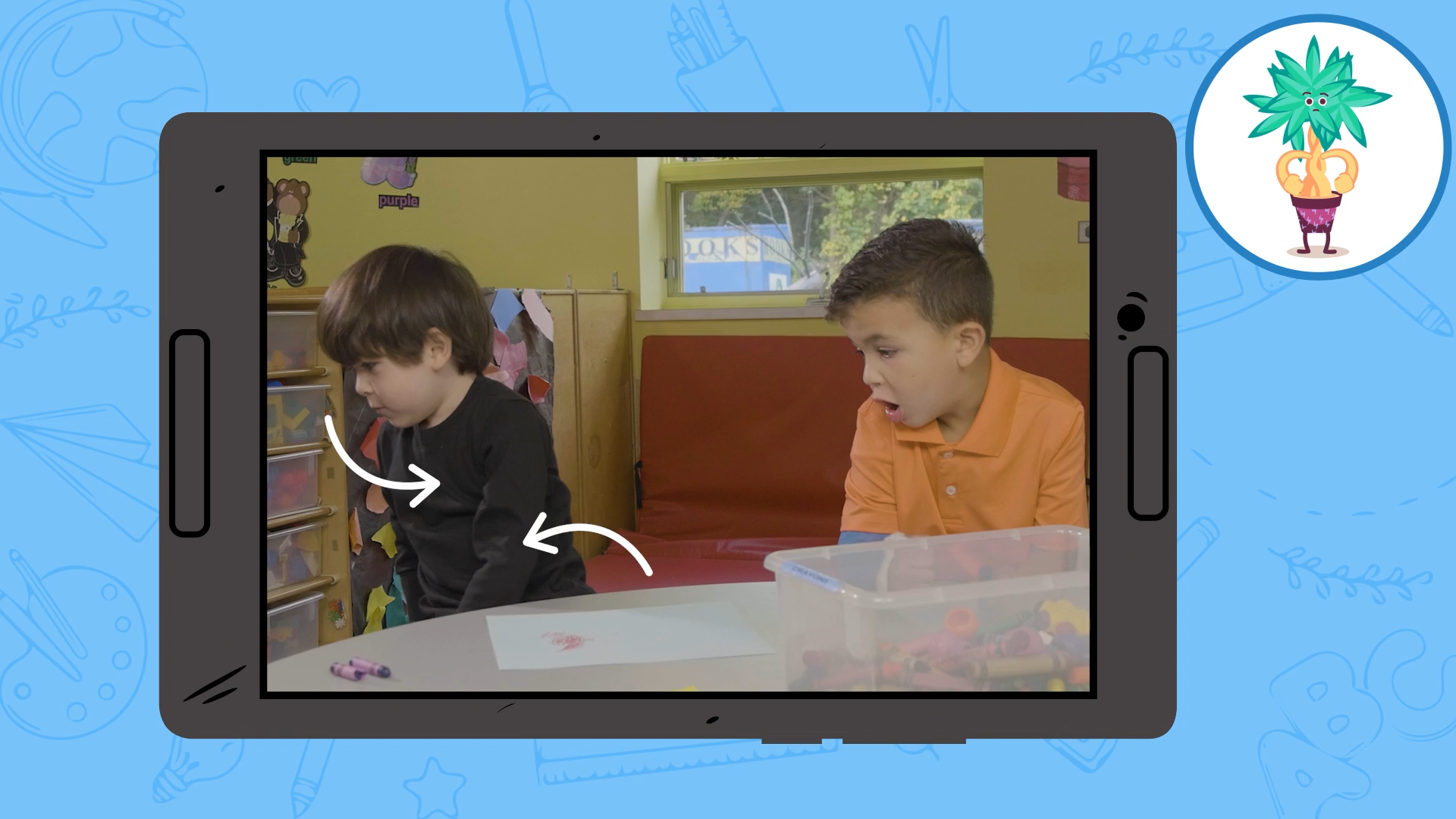Introduction
As educators, one of our primary goals is to help our students develop their social-emotional skills. This includes teaching them to recognize their emotions and learn how to manage them effectively. In this blog post, we will discuss a no-prep activity that helps PreK students identify when they are feeling upset and how to control their reactions. We will also provide discussion questions and related skills for further exploration.
No-Prep Activity
This activity is designed to help students recognize their body clues, or the physical signs that indicate they are feeling upset. Here’s how it works:
- Begin by explaining to the students that our bodies give us clues about our feelings. These clues can help us understand when we’re feeling upset before our emotions become too strong.
- Ask students to think about a time when they felt upset. What did their bodies feel like? Were their hearts beating fast? Were their muscles tense? Encourage them to share their experiences with the class.
- Next, have students practice identifying their body clues. Ask them to close their eyes and imagine a situation that would make them feel upset. As they do this, encourage them to pay attention to any changes in their bodies, such as increased heart rate or muscle tension.
- Finally, discuss with the students how they can use their body clues to recognize when they’re feeling upset and take steps to calm down. This might include taking deep breaths, counting to ten, or talking to a trusted adult.
Discussion Questions
- What are some body clues that can help us recognize when we’re feeling upset?
- Why is it important to pay attention to our body clues and manage our emotions?
- What are some strategies we can use to calm down when we’re feeling upset?
- How can understanding our emotions help us build better relationships with others?
- Can you think of a time when you recognized your body clues and used a strategy to calm down? How did it make you feel?
Related Skills
In addition to recognizing and controlling feelings of upset, there are other important social-emotional skills that students can benefit from learning. Some of these include:
- Empathy: Understanding and sharing the feelings of others.
- Active Listening: Paying close attention to what others are saying and responding thoughtfully.
- Conflict Resolution: Learning to resolve disagreements in a peaceful and constructive manner.
- Resilience: Bouncing back from setbacks and learning to cope with difficult situations.
- Self-Awareness: Understanding our own emotions, strengths, and areas for growth.
Next Steps
Teaching PreK students to recognize and control their feelings is an important part of their social-emotional development. By incorporating these skills into your curriculum, you can help students build a strong foundation for their future success. To explore more resources and activities that support social-emotional learning, we invite you to sign up for free samples of our materials at Everyday Speech.






